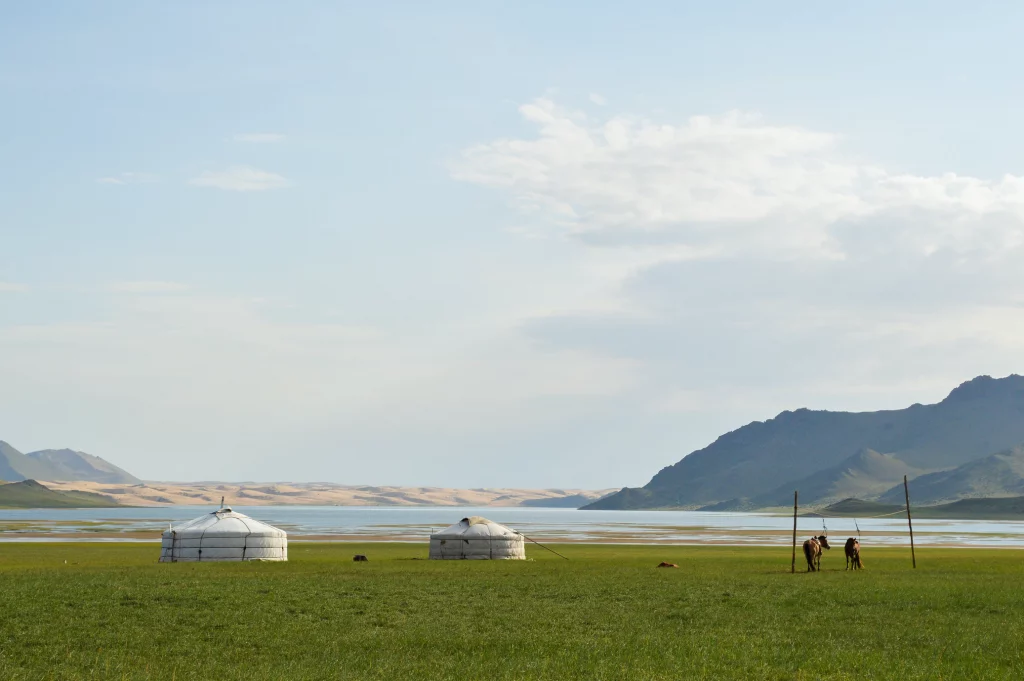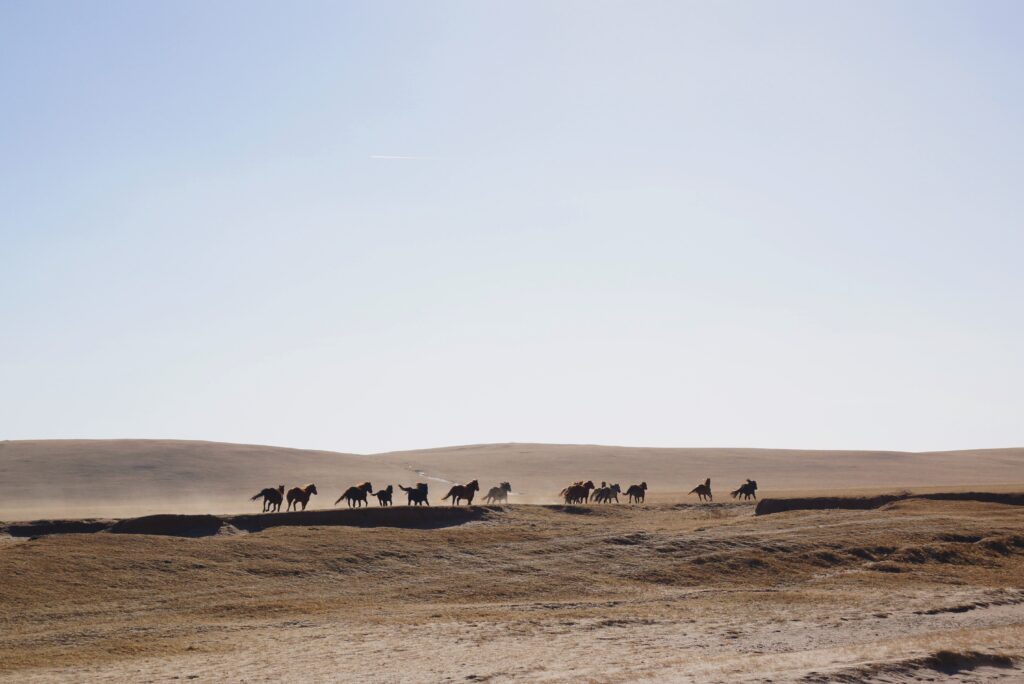close
What is Pelorus Foundation?
Our mission is to champion innovation and act as a catalyst, empowering individuals and local communities to preserve and protect the world’s wildlife and wild places for future generations.
Soil carbon sequestration is a process in which CO2 is removed from the atmosphere and stored as soil organic carbon. Primarily mediated by plants through photosynthesis, the restoration of degraded agricultural land offers enormous capacity to remove carbon dioxide from the atmosphere.
This community-driven Plan Vivo project works with more than 100 nomadic households in rural Mongolia to implement new approaches to restoring degraded grasslands – increasing soil carbon sequestration. Livestock remains one of Mongolia’s primary forms of livelihood yet, with the declining nomadic culture and herders adopting a more sedentary lifestyle, the land has become increasingly overgrazed – resulting in mass soil erosion.
The multifaceted rangeland management programme, administered by The Mongolian Society for Range Management, supports herders in planting seedlings, adopting rotational grazing, and developing alternative sources of income to reduce reliance on livestock. The alleviated pressure on the land increases soil carbon sequestration whilst supporting the development of growing rural communities.


To learn more about our Climate Investment Fund, get in touch with a member of the Foundation team.